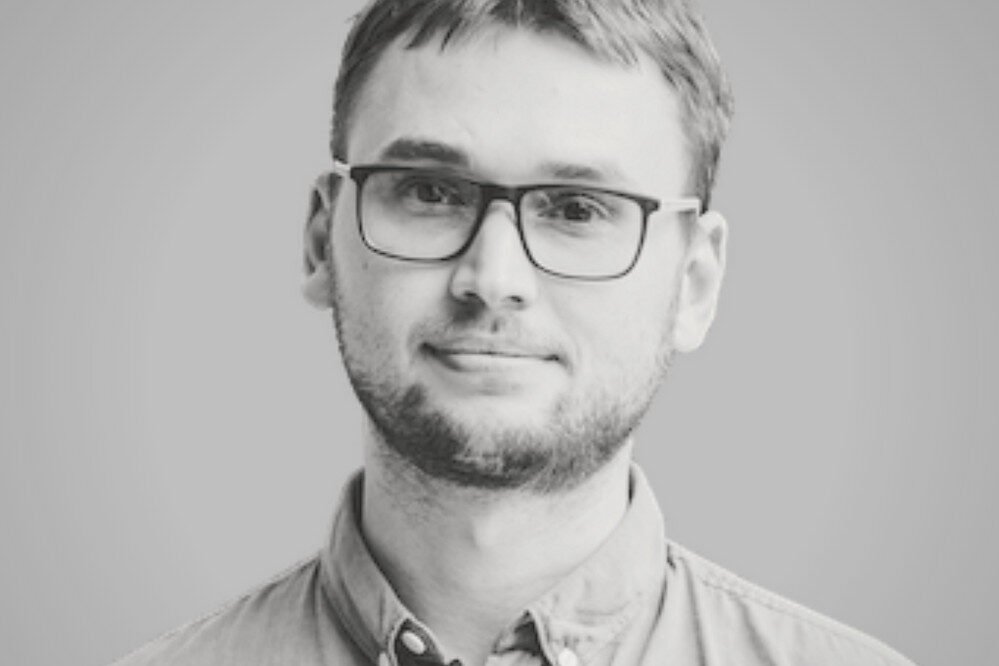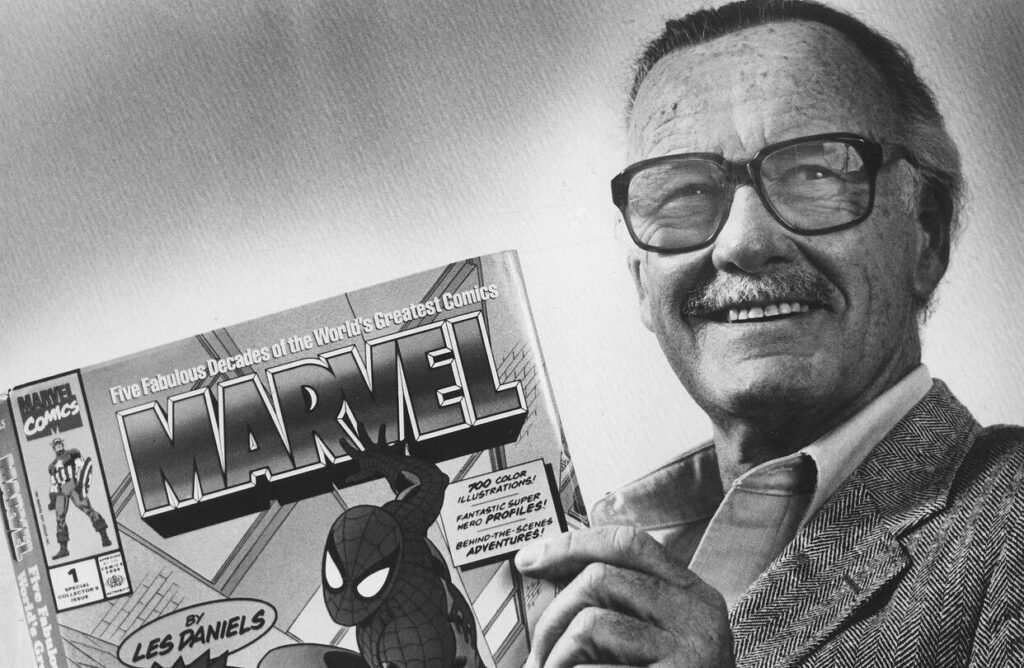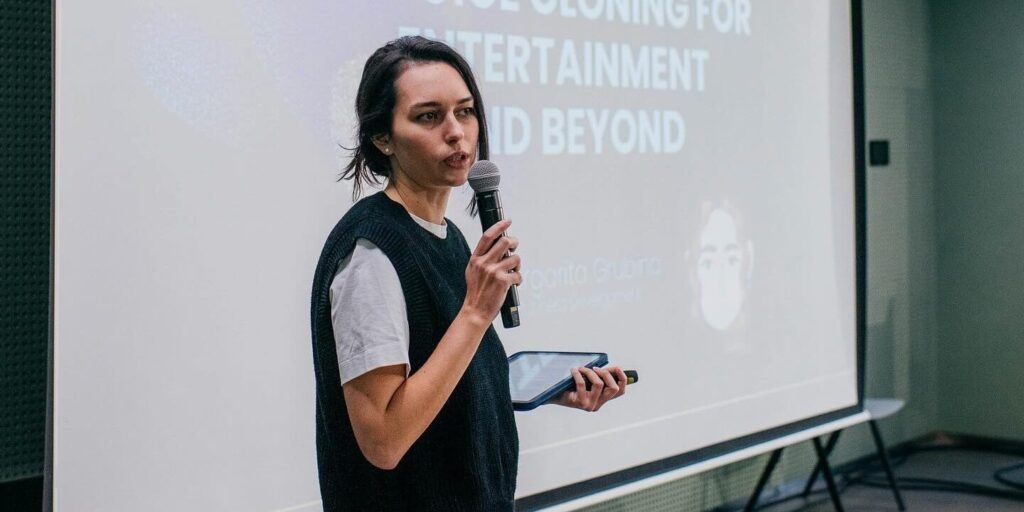Voice Cloning Moves Into the Mainstream
At this year’s Cannes Film Festival, AI voice technology was the subject of serious discussion during a panel titled AI For Talent. Hosted during the festival’s first week, the session focused on how synthetic voice tools are increasingly becoming part of the filmmaking process—and how that shift raises new creative and ethical questions.
Respeecher CEO and co-founder Alex Serdiuk, whose company has been at the forefront of voice cloning technology, said that Hollywood has moved well beyond early experiments with synthetic audio.
“Disney was an early adopter, but most studios are now exploring how to use this technology more widely,” Serdiuk said.
Respeecher’s voice AI has already been featured in high-profile projects, including recreating James Earl Jones’ iconic Darth Vader in Obi-Wan Kenobi and digitally de-aging Mark Hamill’s voice for Luke Skywalker in The Mandalorian. Their technology was also used in Jacques Audiard’s Emilia Pérez and Brady Corbet’s The Brutalist.
“A couple of years ago, studios weren’t sure if they’d use AI voice tools at all,” Serdiuk added. “Now, they’re asking how they can use them at scale—and how to do so responsibly.”
A New Industry Standard?

What was once a niche tool for isolated effects is quickly becoming part of the standard workflow in film and TV production. Serdiuk described a noticeable change in conversations with major studios.
“They used to ask whether they’d ever use this at all,” he said. “Now they want to know how to integrate it into the entire production cycle—from pre-production to ADR.”
The shift isn’t just technical. It’s cultural. Productions are rethinking how voice can be captured, preserved, and even reimagined.
Addressing Fears Around AI

But not everyone is enthusiastic. Concerns around ethics, transparency, and creative ownership remain front and center.
Serdiuk acknowledged the anxiety some artists and professionals feel when it comes to synthetic voice technology.
“People are right to be cautious,” he said. “AI does pose challenges to traditional ways of working. But it’s important to understand the specifics of how the technology is used.”
Respeecher showcased several examples at Cannes, including a synthetic voice clip of Stan Lee. The company emphasizes that these creations are always rooted in consent and collaboration.
“It’s used to empower creativity with respect to craft and to talent,” Serdiuk said. “The best response to fear is quality and trust.”
The Four C’s: A Framework for Ethical Use

Respeecher’s VP of Business Growth, Margarita Grubina, introduced a guiding principle the company follows when working with synthetic voice: the “Four C’s”—Credit, Consent, Control, and Compensation.
“You have to credit everyone involved,” Grubina said.
“You have to get consent from everyone involved, especially from people whose voices you’re going to clone,”
“You have to control how AI models with those voices are used and how the data is provided to your AI vendor.”
“as well as compensation.”
Grubina presented a slide titled How To Use AI And Not Cause Outrage, laying out the company’s approach to transparency and partnership with both talent and rights holders.
“It’s very important to be transparent with both IP owners and the audience,” she added.
A New Opportunity for Voice Artists
Grubina also detailed how Respeecher works directly with voice actors through its voice talent program. The idea is to offer performers new ways to monetize their work—without losing control of their voice— but it also offers representative estates to cash in too.
“We encourage talent to clone their voices,” she said.
“We let them choose how their voices will be available on the platform, whether it’s publicly or it’s private, and the models that will be used.
We have a bunch of voice actors on our platform already and we also have partnered with some famous estates.”
Looking Ahead
While synthetic voice still raises questions—technological, creative, and legal—Respeecher’s presence at Cannes signaled how central the conversation has become to the future of production.
The message from the panel was clear: AI voice technology is no longer on the margins. It’s becoming part of the fabric of filmmaking. What matters now is how it’s handled—and whether the rules can evolve alongside the tools.
Original reporting by Steward Clarke for Deadline.
